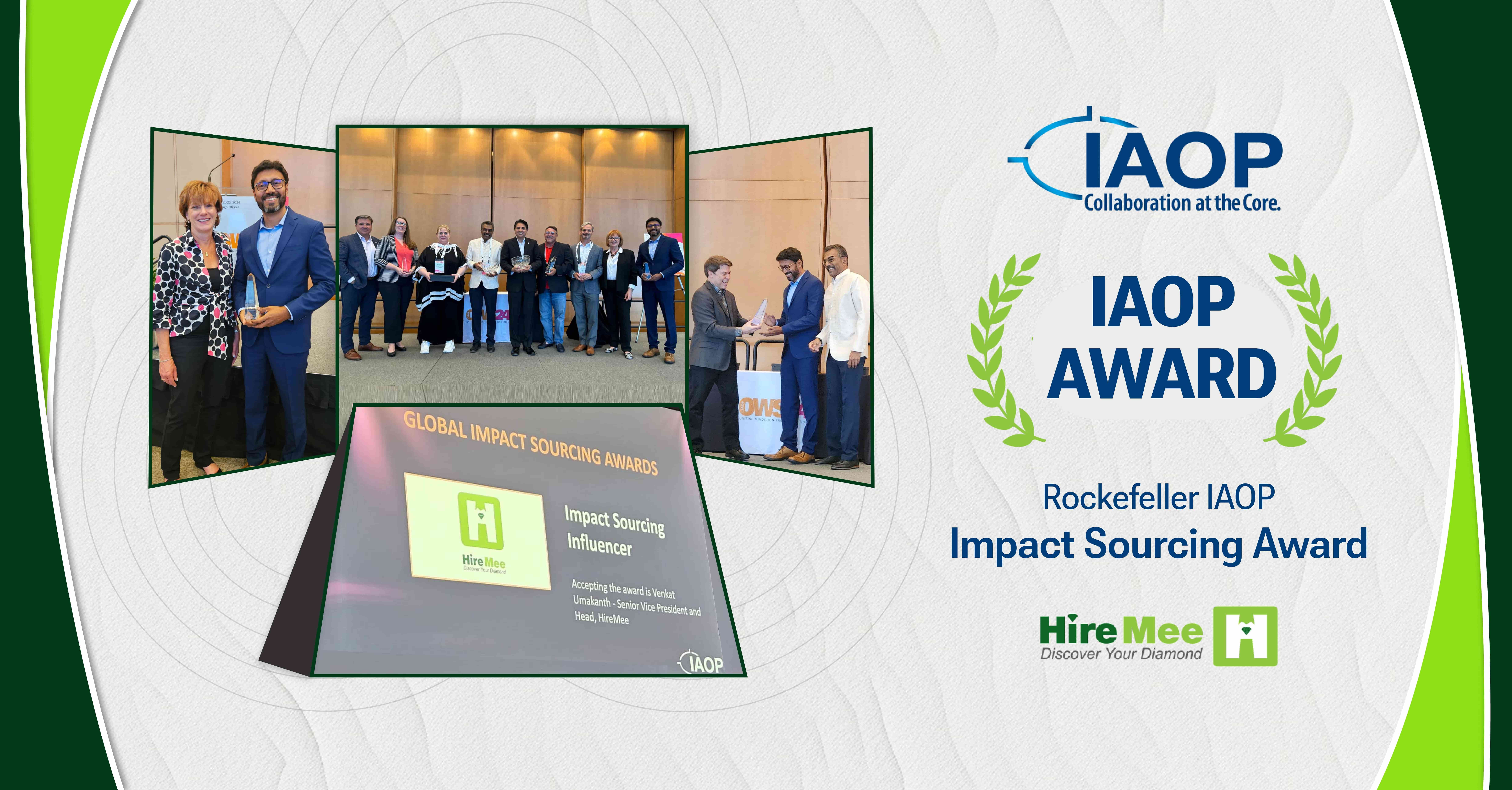Technology will bridge the gap, help curb the impending job crisis: Chocko Valliappa, Sona Group of Institutions
Chocko Valliappa, Vice-Chairman, Sona Group of Institutions, explains what the prevalent job crisis is all about and what skills job-givers are looking for right now
The Sona Group is celebrating their 60th anniversary this year, in fact, their origins can be traced back to pre-Independence India. The Group was founded by Kalvithanthai Karumuttu Thiagarajan Chettiar. Since its inception in the 1920s, the Group has pioneered India’s growth in the fields of agriculture, textiles, construction, IT and education. The Sona Group of Institutions has been a household name in the southern part of the country for their valuable contribution towards the education sector. We had the opportunity to interact with the Vice-Chairman of the Group, Chocko Valliappa, who told us more about what they have achieved through these six decades, the prevalent job crisis and how to make students more employable. Here's what transpired:
What do you have to say about the current employment scenario in our country?
A certain job shift is taking place now. We are in the midst of a transition. If you look at the automobile industry, it is transitioning towards electric-based vehicles; IT is shifting either towards digital, IoT or Industry 4.0. We basically need more students who are industry-ready. If you are industry-ready, then the demand for such individuals is not just good but great. If you have the right skill sets, then plenty of jobs are available.
How are you, as a collective educational institution, addressing the current job crisis?
Currently, our platform is in English and Hindi. For different job roles, language diversity is extremely important. We are also coming up with Japanese, but we would eventually like to make it a multi-lingual platform. We are looking at coming up with a completely different set of jobs and for that, we will re-launch the app into another model and that would be multi-lingual.
How is the advancement in technology helping in the current job scenario? Is it making things more accessible?
Technology will bridge the gap, definitely — students in rural areas are completely deprived and they don't have jobs, that's where technology will come in. They will help bridge the access problem. City people have an unfair advantage as most of the industries are in cities, they are able to easily recruit from the cities. A-C category student in the city can get an A category job, but an A category student in a remote town or village can't even manage to get a C category job because of lower accessibility. This is where these tech platforms will help, to find out those hidden diamonds.
What new courses have your institutions come up with? Which ones do you feel students are the most attracted to?
We started off with Polytechnic, then we came up with Sona College of Technology, Sona School of Management and more, and that's how we have evolved. Sona College of Arts and Science was set up two years ago which is also offering Biotechnology apart from the regular courses. One unique thing there is a joint programme with the industry and we offer scholarships to students if they are ready to work in the industry. A course for Bio Mechanical Engineering has also been started this year and the responses have been tremendous. We have noticed that the new programmes get filled up much faster — maximum demand is for Computer Science as AI is the next big thing, the fulcrum of the new world. Data Sciences are the next largest area where people are getting into. Technology and the world are changing, and so are we as an institute. We are making the courses more adept to the changes.















